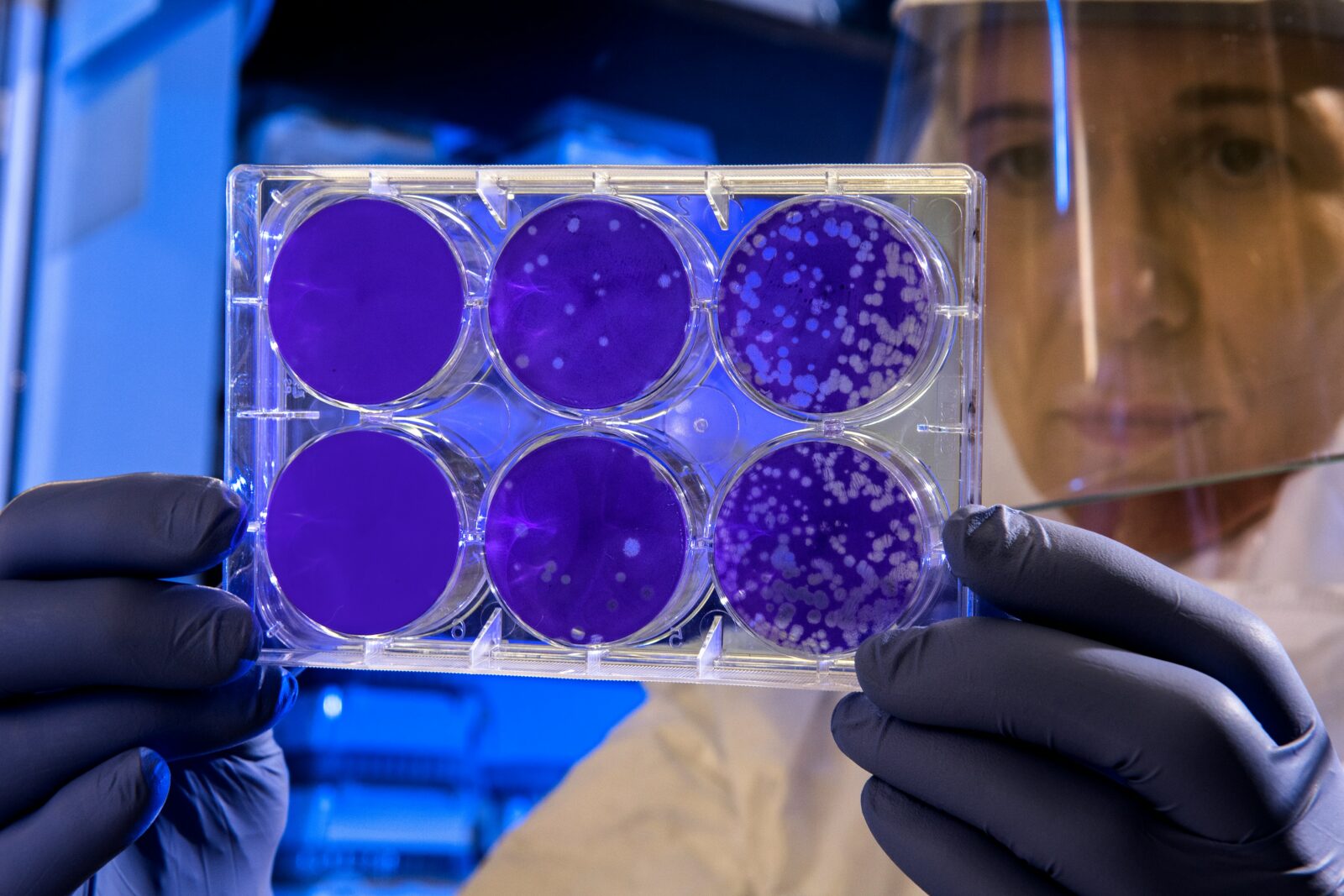A rare bacterial disease has caused death to two patients in the US. Melioidosis is a disease caused by the bacterium Burkholderia pseudomallei, which is usually found in tropical climates. However, four people from Georgia, Kansas, TexasI, and Minnesota have been contaminated without visiting tropical counties.
The bacteria survive in tropical climates, so it’s odd to see the infection in the US. Southeast Asia, northern Australia, Puerto Rico and the US Virgin Islands are common places for bacteria to survive. According to the Centers for Disease Control and Prevention (CDC) statement, the other two patients were hospitalized for long periods. One of the patients died in Kansas in March, while the second died in July in Georgia.
According to the Centers for Disease Control and Prevention (CDC), most people infected with melioidosis travel in tropical climate countries. However, the recent cases of infection are different. Neither of the patients travelled where the bacteria naturally exist. Therefore the health experts are now investigating the four cases to find the cause.
So far, they have tested more than 100 samples from products, soil and water in and around the patients’ homes. However, the results didn’t bring any enlightenment. The curious thing is that all patients seem to share the exact source of infection. Therefore the experts believe the source to be an imported product, such as food, for example. The long period for the disease to show symptoms makes the investigation more difficult.
Melioidosis Symptoms
Melioidosis can cause different symptoms to different patients. Here are the symptoms found in the recent cases:
- cough
- shortness of breath
- weakness
- fatigue
- nausea
- vomiting
- intermittent fever
- rash on the trunk, abdomen and face
CDC advises doctors to consider melioidosis as a diagnosis even if the patients didn’t travel to the affected zones. Among the infected patients is a 4-year-old girl. Therefore, the infection can affect anyone regardless of age and other morbidities.























Leave a Reply